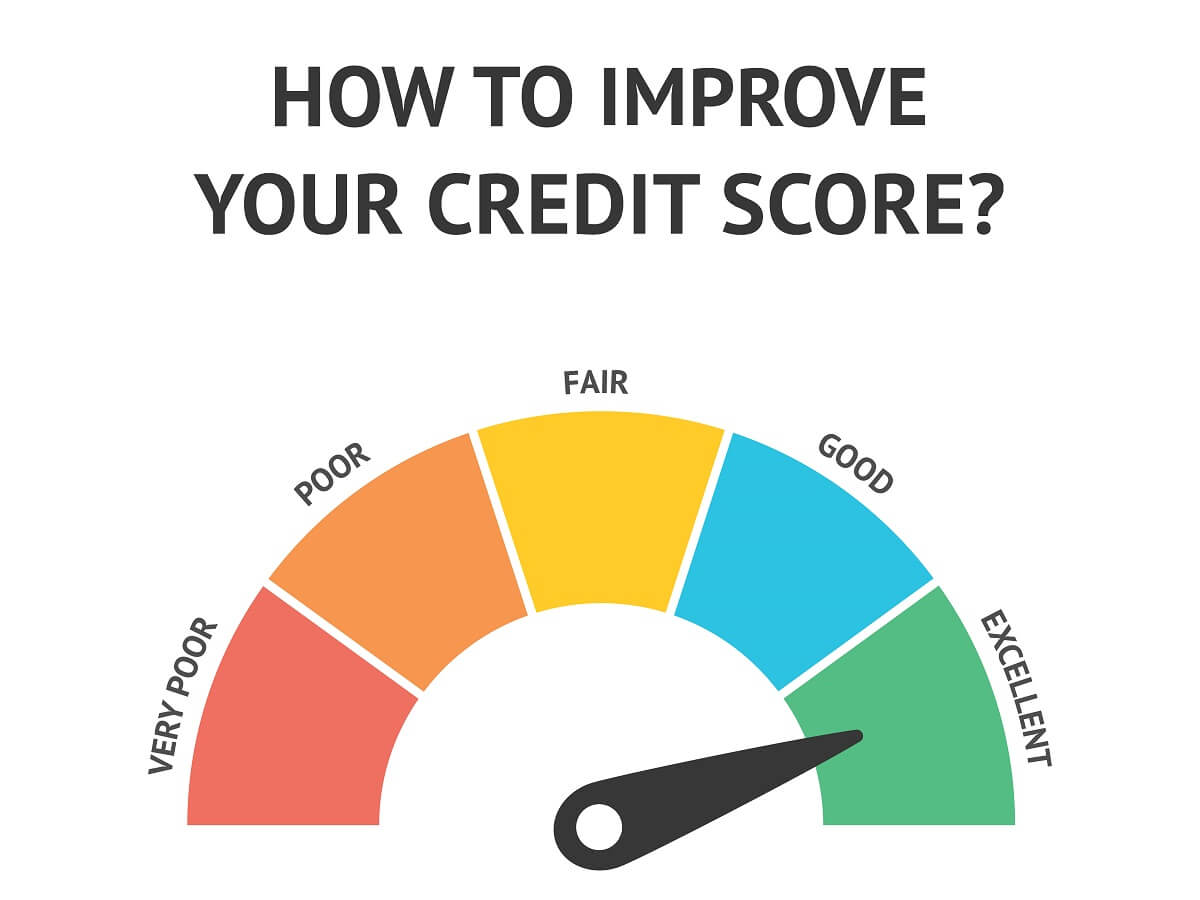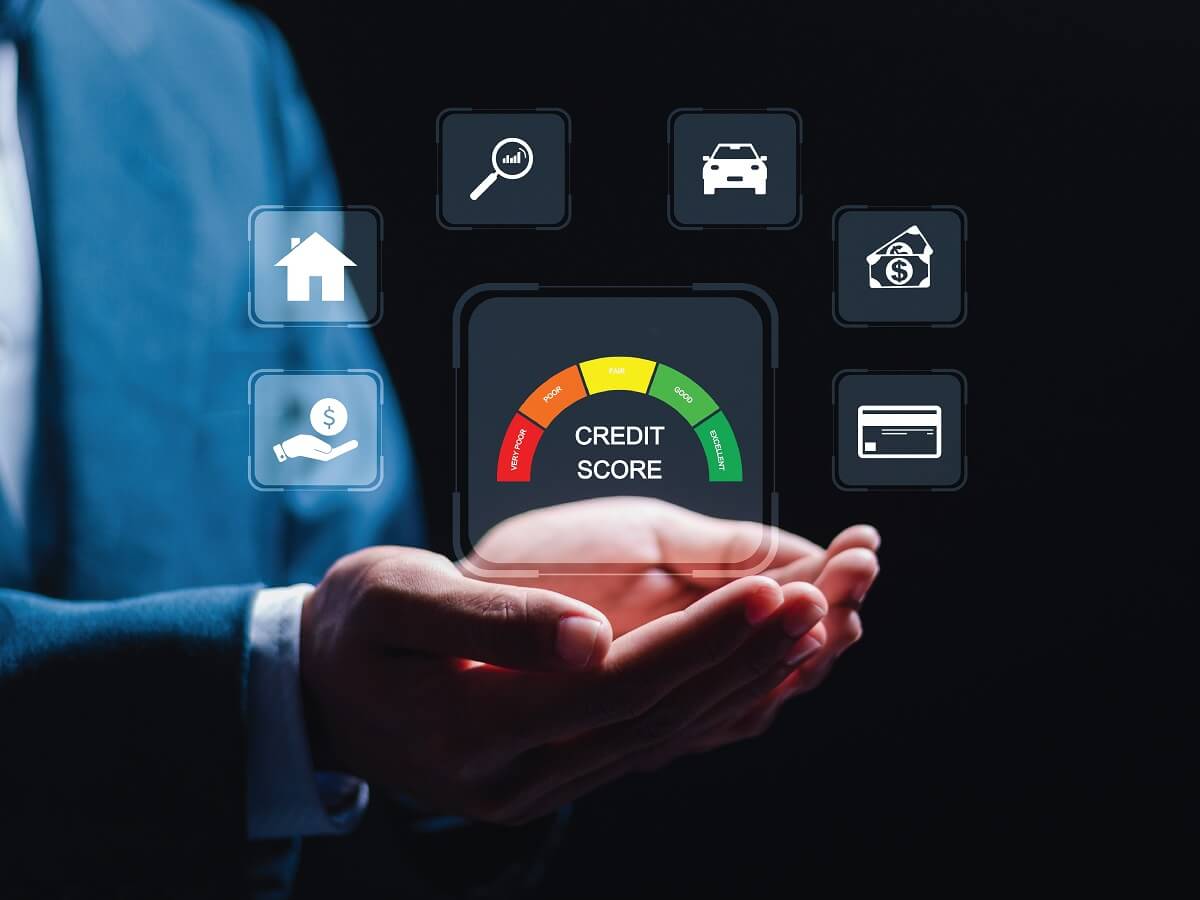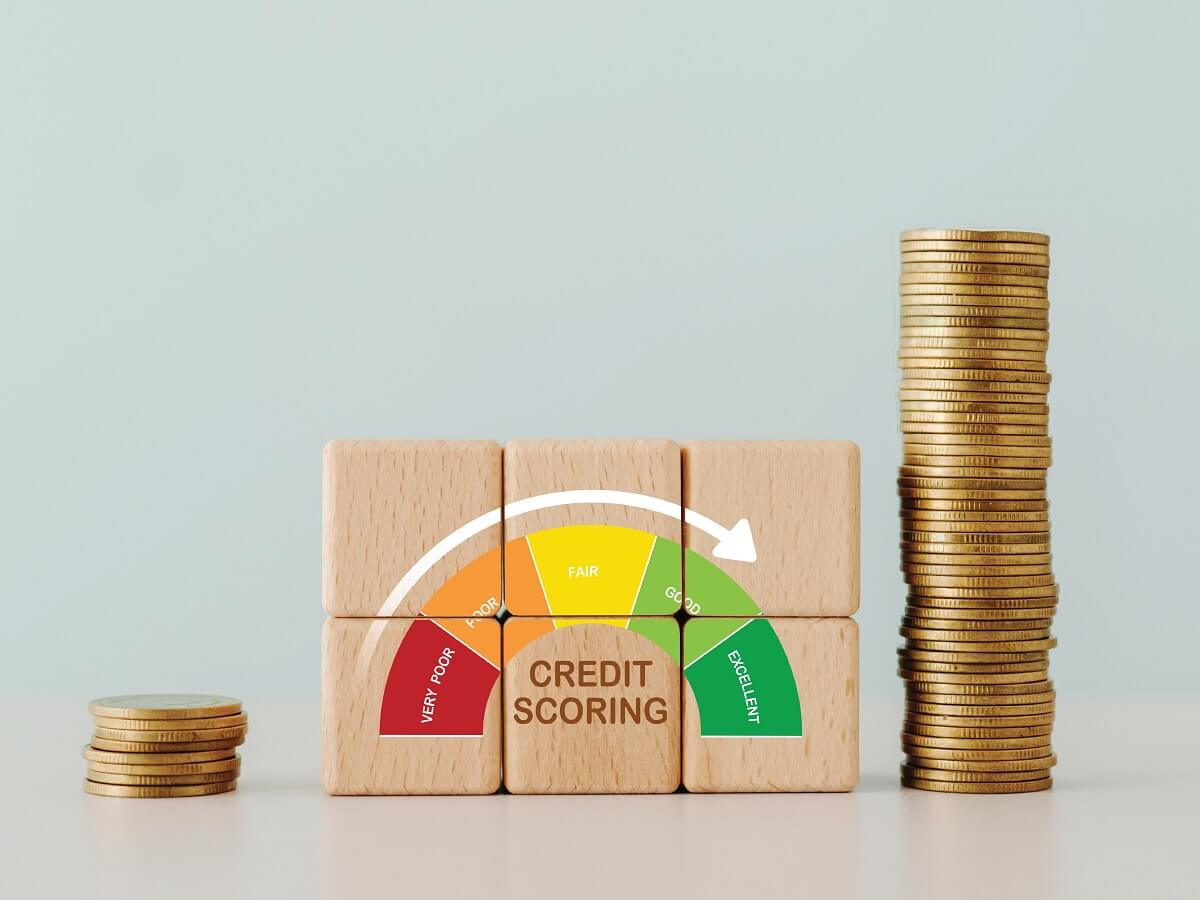Introduction
In today's world, having a good credit score is crucial for financial stability. Whether you want to apply for a loan or get a credit card, a strong credit history is your ticket to financial opportunities. However, building a credit score from scratch can be challenging, especially for those new to the financial system.
In this article, we'll delve into actionable steps on how to improve credit score by establishing a robust credit history.
Understanding the basics
Before we dive into the tips on how to improve credit score, let's start with the basics.
A credit score is a numerical representation of your creditworthiness, reflecting your ability to repay borrowed money. It typically ranges from 300 to 900, with higher scores indicating better creditworthiness.
Now that we know what a credit score is, let's have a look at the top 6 tips on how to improve credit score:
1. Open a bank account
The first step towards building a credit score is to open a bank account. A savings account is a fundamental financial tool that demonstrates your ability to manage money responsibly. Choose a bank that offers a basic savings account with minimal documentation requirements.
2. Apply for a secured credit card
If you don't have any credit history or are struggling to get approved for a regular Credit Card, a secured credit card can be a great option. Unlike a regular Credit Card, a secured card requires you to make a security deposit, which becomes your credit limit. Use the card responsibly by making small purchases and paying the full balance on time each month.
3. Consider a credit builder loan
Another option to build credit from scratch is to consider a credit builder loan. These loans are specifically designed for individuals with no credit history and usually have smaller amounts and shorter tenures.
When you take out a credit builder loan, the borrowed amount is deposited into a locked savings account. As you make timely repayments, positive information is reported to credit bureaus, helping you establish a solid credit track record.
4. Get an add-on credit card
If you have family members or close friends with good credit histories, consider asking them if they can add you as an authorised user on their Credit Card account. This allows you to piggyback on their positive credit history and benefit from their responsible usage patterns.
5. Maintain a low credit utilisation ratio
Suppose you already have a credit card or secured card. In that case, it's essential to maintain a low credit utilisation ratio. This ratio represents the amount of credit you're using compared to your total credit limit. Aim to use only a small percentage of your available credit, ideally below 30%.
For example, if you have a credit limit of ₹50,000 on your Credit Card, try to keep your outstanding balance below ₹15,000.
6. Do a regular credit score check
A regular credit score check report is essential in building and maintaining good credit from scratch. Monitoring your report allows you to spot errors or discrepancies that may negatively affect your score and take corrective measures promptly. In India, you are entitled to one free credit report per year from each of the major credit bureaus. To check your CIBIL score on other occasions and review your credit reporting, you can visit the official website of CIBIL or use one of the many online platforms that offer credit score check services.
Conclusion
Building a credit score from scratch requires patience and disciplined financial habits. By following our tips on how to improve credit score, you can establish a positive credit history and open doors to various financial opportunities.
If you're looking for financial solutions, check out Mahindra Finance. We offer a range of products and services tailored to meet your diverse needs. Start building your credit today and secure a stronger and more secure financial future.
FAQs
1) How long does it take to build a good credit score from scratch?
It typically takes around 6-12 months of responsible credit management to start seeing significant improvements in your score.
2) How frequently should you check your CIBIL score?
It's recommended to check your CIBIL score at least once a year or before applying for any major loans or credit cards. Do a regular credit score check to monitor your financial health.
3) Can I get my free credit report online?
Yes, you can request your free credit report online from each major credit bureau in India. Visit their official websites for more information on how to access your report.
4) Why is credit reporting important to get a loan?
Credit reporting is crucial as it helps lenders assess an individual's creditworthiness. It provides insights into an individual's borrowing behaviour, repayment history, and overall credit management skills.






















































